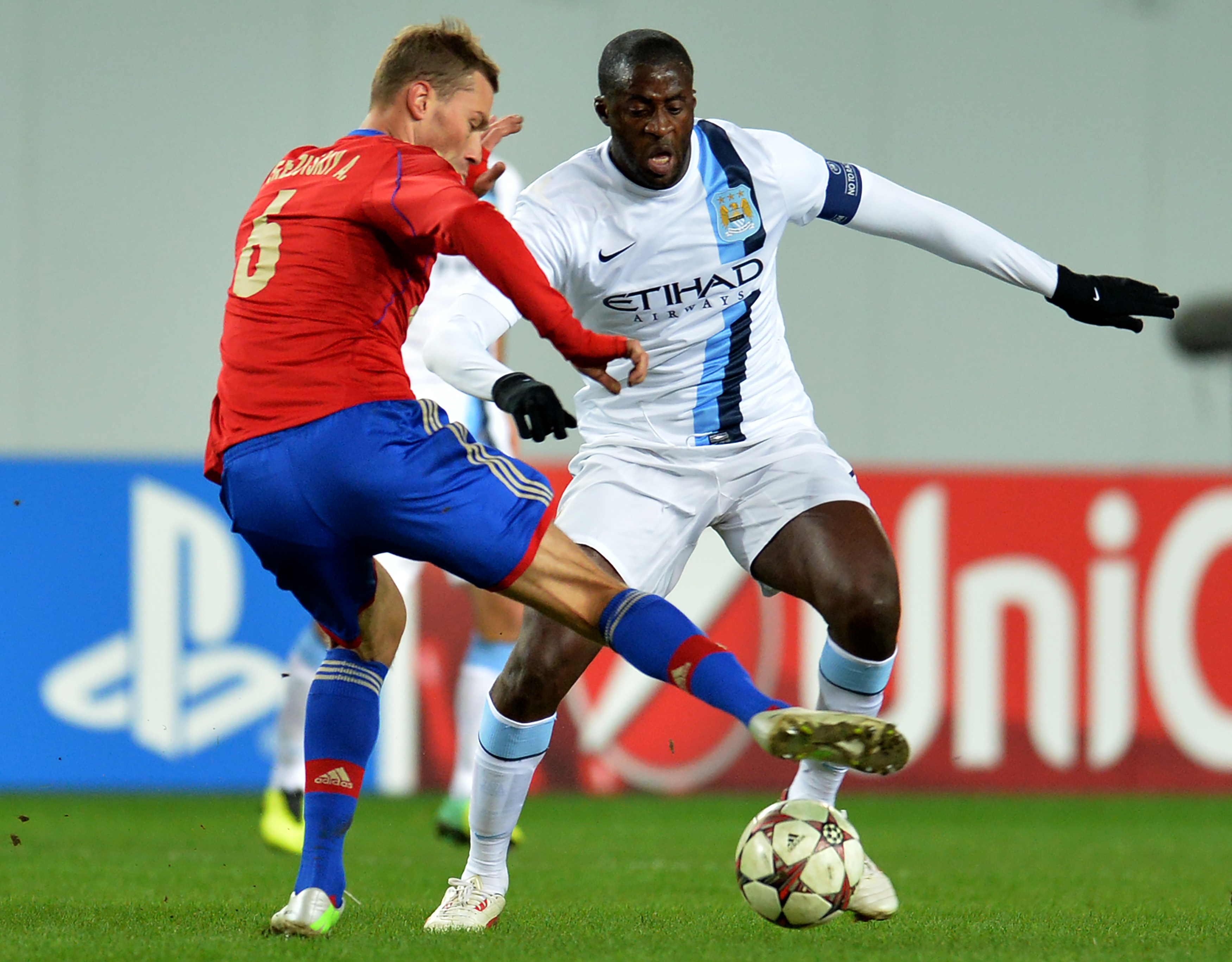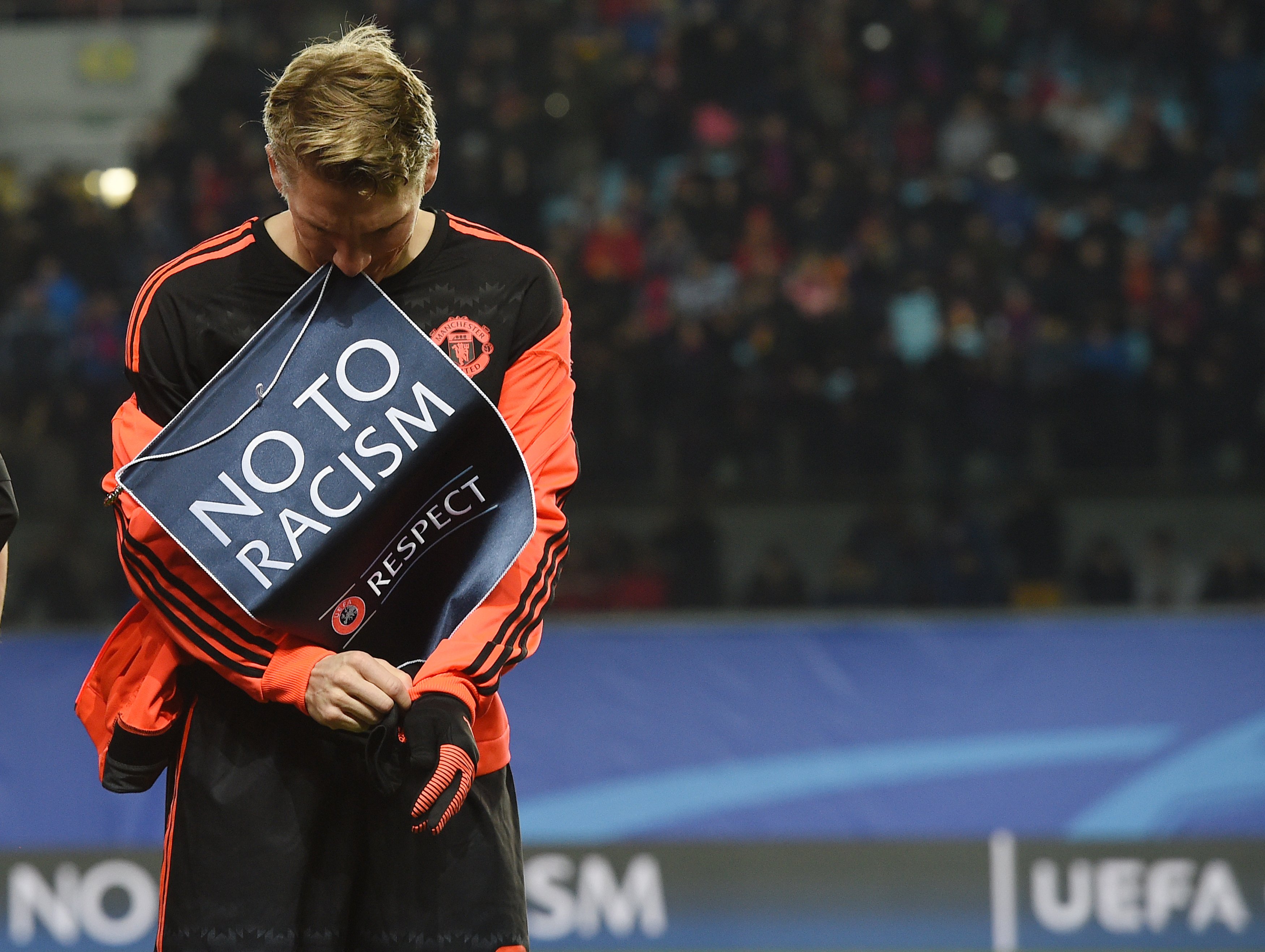Racism, corruption, human rights abuses and the weather risk damaging the reputation of the world’s greatest football tournament.
Fifteen of the total twenty World Cup tournaments have been held either in Europe or South America. The football governing body FIFA, in a bid to foster inclusiveness and enhance the legacy of the tournament, approved Korea/Japan in 2002 and South Africa in 2010. Both of these spectacles were largely successful. But the two upcoming tournaments in Russia and Qatar both have significant issues which need to be addressed quickly to justify the continuity of this strategy.
In just over two years, Russia will open its doors and stadia to millions of fans, with the hope, as with all hosts, of having a tournament that is remembered in history. Even before a ball has been kicked, the country has been making the headlines, and not for the right reasons.
Russian football has witnessed one too many acts of racism.
Not only has it faced allegations of corruption surrounding the bidding process, its FA also faces serious questions about its willingness – or lack thereof – to take the tougher action needed to stamp out racism and discrimination by fans.
Russian football has witnessed one too many acts of racism. Despite being witnessed by a global audience, the perpetrators in most cases have gone unpunished. It is no longer a secret that a section of Russian fans – made up largely of a notorious group of ‘ultras’ – have made it clear that foreigners are not welcome in their country. Black players are increasingly being targeted and the likes of Hulk, Christopher Samba and Emmanuel Frimpong have all been on the receiving end of banana throwing and monkey chanting.
During an incident in July 2015, Emmanuel Frimpong reacted to racist abuse with a gesture of his own and earned himself a two-game suspension by the Russian federation. His case however is not an isolated incident.
African players could boycott the tournament if the country fails to take decisive action towards stamping out racism.
After claiming he was subjected to racist chants during a European Champions League Match with CSKA Moscow, Yaya Touré went as far as warning Russia that African players could boycott the tournament if the country fails to take decisive action towards stamping out racism. As one of the most gifted and respected players in the world, it speaks volumes when he said that hearing racist chants ‘breaks you’.

What is more disturbing amidst all this is the sense that Russian officials do not appear to think there is a problem with racism in the country. When Lokomotiv Moscow fans revealed a banner with a banana and the words ‘Thanks West Brom’ inscribed on it, the head of Russia’s World Cup bidding committee denied it was a racist act. Instead he callously claimed that, ‘to get a banana’ is a slang term meaning to fail a test.
Is Russia in denial about the problem?
Such statements have only strengthened the voices of those who have called for the tournament to be withdrawn from Russia. It is reasonable to assume that with such an atmosphere, fun-loving fans from around the world may not be in a hurry to book their flights to Russia.

Qatar is also having sleepless nights of its own, as the sweltering desert heat has already forced organisers to approve a ‘winter World Cup’, which means that the tournament will take place away from its traditional summer months, in order to prevent the risk of heat-related injuries. This is unprecedented, and could trigger a club versus country row if regional football associations decide to continue their leagues during the tournament. Not only will the commercial impact be huge, as sponsors and broadcasters decide on where best to allocate their resources, but this will also disrupt the footballing calendar and force league games to play catch up.
Clearly those charged with conducting the due diligence on both the 2018 and 2022 tournaments failed to identify these obvious risk factors.
Damning reports of the human rights abuses and the exploitation of migrant workers building the infrastructure have also not covered the Qatari government in any glory. In 2016, should we still be having incidents where workers’ passports are being withheld by their employers? Clearly those charged with conducting the due diligence on both the 2018 and 2022 tournaments failed to identify these obvious risk factors which could punch a hole in the sails of a tournament that has generated a lot of positive sentiment for FIFA and football at large. Because of the reasons previously stated, there is a real chance that there will be a general apathy for these tournaments and at worst a boycott.
While these may seem like doomsday predictions, the headwinds facing the next two editions of the World Cup should not be taken lightly. Add to this mix, the relatively inexperienced new head of FIFA and you start to think maybe Sepp Blatter might be back in time for 2018.
